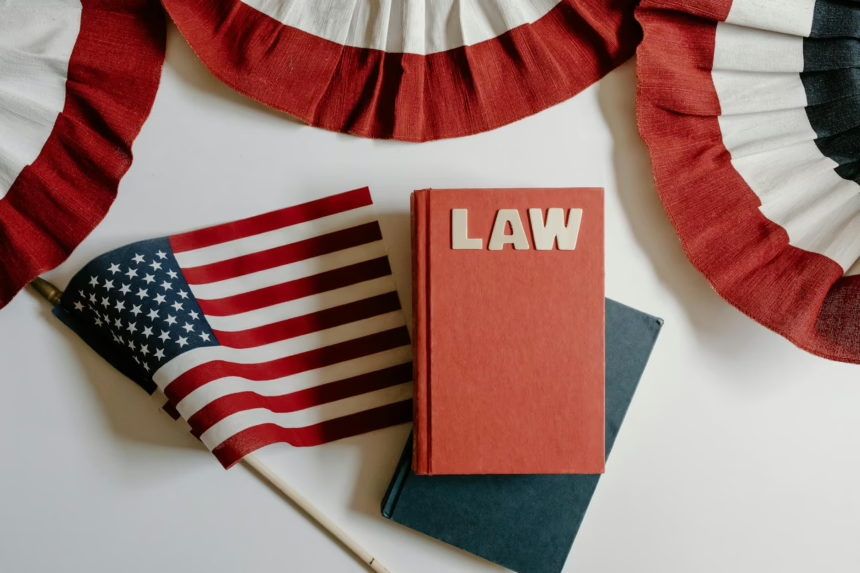Federal Panel Declares $83 Million Judgment “Fair and Reasonable” in E. Jean Carroll Case
A significant legal battle involving former President Donald Trump and E. Jean Carroll has reached a new stage, with a federal appeals court upholding a jury’s substantial $83 million defamation judgment against the former president. The ruling, released recently, confirms the financial penalty assessed against Trump following a civil trial that found him liable for defaming Carroll. This decision by the U.S. Court of Appeals for the Second Circuit carries considerable weight, impacting not only Trump’s financial obligations but also setting a precedent for defamation cases and the potential consequences for public figures commenting on accusations of misconduct.
The Genesis of the Lawsuit: Allegations and Defamation Claims
The case stems from a series of statements made by Donald Trump concerning accusations of sexual assault by E. Jean Carroll, a writer and columnist. Carroll first publicly accused Trump of assaulting her in a Bergdorf Goodman dressing room in the mid-1990s in an interview published in 2019. Trump, who was president at the time, vehemently denied the allegations, repeatedly calling Carroll a “hoax” and a “liar” in public statements and on social media. These denials formed the basis of Carroll’s defamation claims, arguing that Trump’s statements harmed her reputation.
A jury in New York federal court initially found Trump liable for battery and defamation in May 2023, awarding Carroll $5 million in compensatory and punitive damages. However, a subsequent trial in January 2024 focused solely on the damages for defamation related to statements Trump made after the first verdict. That jury awarded Carroll a staggering $83.3 million, comprising $7.3 million in compensatory damages and $76 million in punitive damages. This latter judgment is the one now affirmed by the appeals court.
The Appeals Court’s Reasoning: Upholding the Jury’s Verdict
The core of the appeals court’s decision rests on its review of the jury’s findings and the appropriateness of the awarded damages. According to the appeals court panel, the jury’s conclusion that Trump should pay E. Jean Carroll more than $83 million in damages for defamation was “fair and reasonable.” The court rejected Trump’s arguments that the damages were excessive and that the trial court had made errors. The ruling specifically addresses Trump’s claims that the punitive damages were constitutionally excessive and that the jury instructions were flawed. The appellate judges found that the jury’s calculation was supported by evidence presented during the trial.
The appeals court’s affirmation signifies that, from a legal standpoint, the process by which the jury arrived at its verdict and the amount of damages was deemed sound and in accordance with established legal principles. This is a crucial distinction, as appellate courts typically do not re-try cases but review them for legal errors. The panel’s assessment of the damages as “fair and reasonable” suggests they found the jury had a legitimate basis for its award, considering factors such as the severity of the defamation, its impact on Carroll’s reputation, and the need for punitive measures to deter future similar conduct.
Analyzing the Implications: Financial and Reputational Ramifications
The substantial $83.3 million judgment, now upheld, presents significant financial implications for former President Trump. Meeting such a demand could necessitate the liquidation of assets or significant borrowing. Beyond the immediate financial strain, the continued affirmation of the verdict by higher courts solidifies the public record of the jury’s finding of defamation. This can have lingering effects on public perception and Trump’s business and political endeavors.
From a broader perspective, this ruling reinforces the principle that even prominent public figures are accountable under defamation laws. It underscores that making demonstrably false statements that harm another individual’s reputation can lead to substantial financial consequences, regardless of the defendant’s status. The substantial punitive damages awarded also highlight a judicial mechanism intended to punish egregious conduct and deter its repetition.
Legal experts following the case note that such large defamation awards, particularly those with a significant punitive component, can be subject to further legal challenges, though the appeals court’s decision represents a significant hurdle for Trump. The potential for further appeals to the Supreme Court exists, though such petitions are rarely granted.
Key Takeaways for the Public
* A federal appeals court has upheld a jury’s $83.3 million defamation judgment against former President Donald Trump in favor of E. Jean Carroll.
* The court found the jury’s award of compensatory and punitive damages to be “fair and reasonable.”
* The ruling confirms that Trump is legally obligated to pay the substantial sum unless further appeals are successful.
* The decision reinforces accountability for public figures under defamation law and highlights the potential consequences of false statements.
* This marks a significant development in the ongoing legal proceedings between Trump and Carroll.
This ongoing legal saga serves as a stark reminder of the enduring power of civil litigation and the courts’ role in adjudicating disputes, even those involving highly public figures. As the legal process continues, the financial and reputational ramifications for all parties involved remain a critical point of observation.
References:
- CBS News: For ongoing coverage of legal and political developments.




